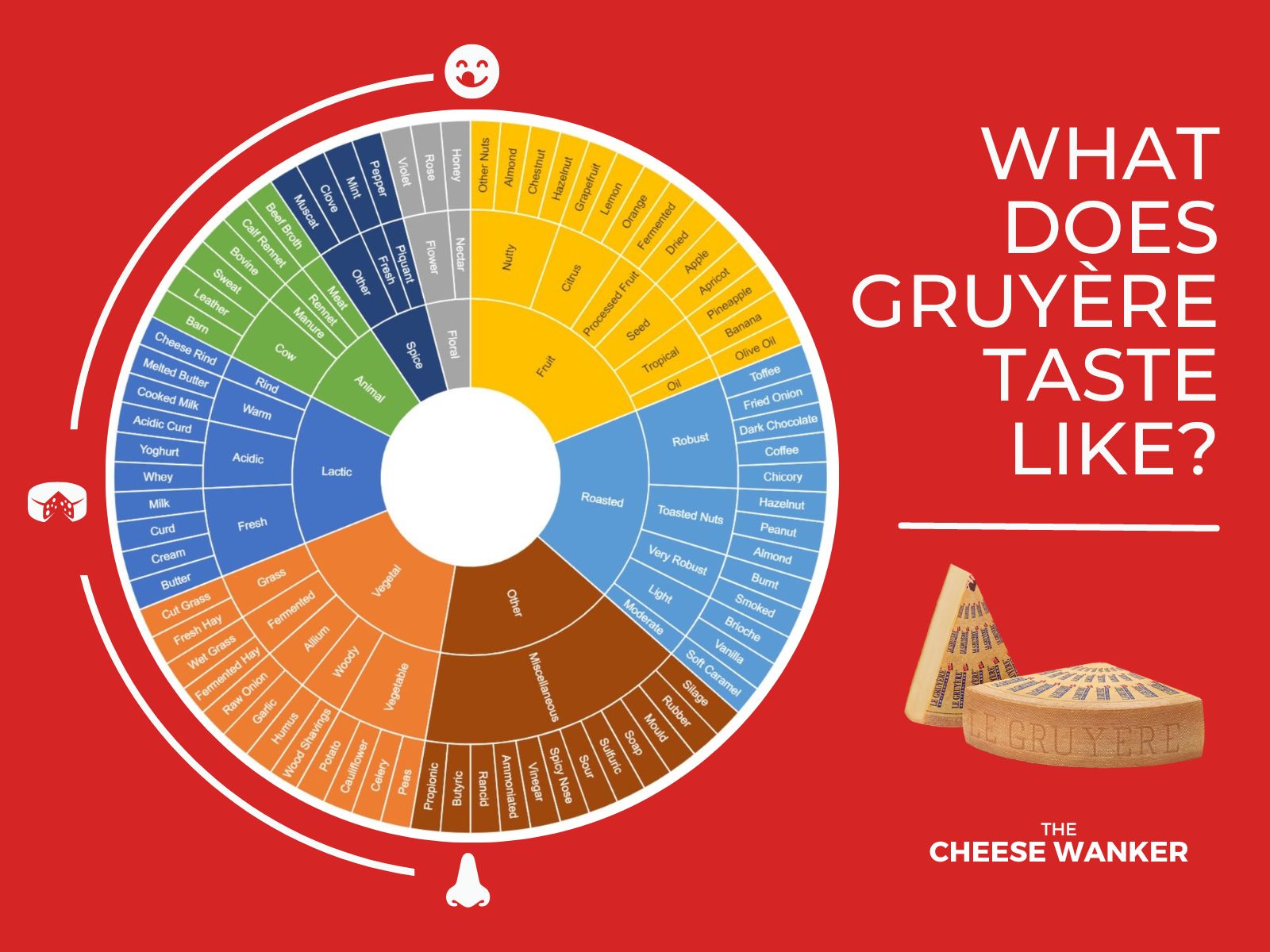Have you ever found yourself pausing, just for a moment, to figure out the right way to say something in English? It happens to everyone, that is, trying to get your words just right. Sometimes, it's about picking between two very similar-looking words that seem like they could do the same job. Today, we are going to look closely at something that might feel a bit like that, something some people might call "PSTMO" – a way of thinking about how certain common words fit into sentences.
What we are talking about here really boils down to how you make verbs work in the present time. You see, there are these two very common forms of a particular action word, and knowing when to use one over the other really helps your speaking and writing come across clearly. It's almost like having a secret handshake for your sentences, a little trick that makes everything flow better.
We'll take a look at these everyday words, how they show up in different kinds of sentences, and why getting them right makes such a big difference. This simple guide will help you sort out when to use each one, whether you're just speaking casually or putting your thoughts down on paper. It's actually quite simple once you get the hang of it.
- How To Do Glambot At Home
- Lesbian Ebony White
- Felicity Lynn Sauls Accident
- Professor Cal Face
- Is Solidiut Com Legit
Table of Contents
- What Does PSTMO Mean - Getting Started with Basic Verbs
- How Do We Use "Do" and "Does" - The Present Moment Forms
- When Does PSTMO Help with Subjects - Matching Words to Who's Doing It?
- Unpacking "Does" - What Does PSTMO Show Us About Singulars?
- Asking Questions - How Does PSTMO Guide Us?
- "Did" - What Does PSTMO Tell Us About the Past?
- Making Sense of It All - What Does PSTMO Really Mean for Your English?
What Does PSTMO Mean - Getting Started with Basic Verbs
When you're trying to figure out how language works, sometimes the most basic pieces are the ones that cause the most head-scratching. You see, the verb "do" is one of those very common action words that we use all the time, practically every single day. It's a word that can mean to perform an action, or it can help another verb out, giving it a bit of support, you know?
This particular verb, "do," has a couple of different ways it shows up when we talk about things happening right now. These are its "present moment" forms, and they are called "do" and "does." Both of them are completely correct ways to speak or write, but you can't just pick one at random, as a matter of fact. There's a method to which one you should pick.
The main thing that decides if you should use "do" or "does" is who or what is doing the action in your sentence. It's like a little matching game, where the word you pick has to go along with the person or thing that is the focus of your statement. This idea is pretty important for speaking and writing English in a way that sounds natural and correct, so, we'll look at that.
- Diddy Carl Wilson
- Madeline Brincos Dieras
- Ciara Ann Estrada Death
- Hows Your Lips
- Arina Glazunova Security Camera Footage
How Do We Use "Do" and "Does" - The Present Moment Forms
Let's get a grip on what "present moment" means for verbs. When we say a verb is in the present tense, it simply means the action is happening right now, or it happens regularly, or it's a general truth. So, when we talk about "do" and "does," we are talking about how this action word behaves when we are focused on the current time. They are both ways to talk about actions that are current, you see.
These two words, "do" and "does," are quite versatile. They can act as the main action word in a sentence, showing that someone is performing a task or an activity. For instance, you might say, "I do my homework every evening," where "do" is the main action. Or, "She does her best," where "does" is the key action word. They really are, in some respects, quite flexible.
But they also have another important job: they can be "helping verbs." This means they stand in front of another main verb to help form questions or negative statements, or to add emphasis. For example, in "Do you like pizza?" "do" isn't the action of liking, but it helps make the question. People sometimes mix them up, using them as if they are the same, but they have distinct places in our language, so, it's good to sort that out.
When Does PSTMO Help with Subjects - Matching Words to Who's Doing It?
The core idea behind picking "do" or "does" comes down to the "subject" of your sentence. The subject is the person, animal, or thing that is carrying out the action. It's the "who" or "what" that the sentence is mostly about, and the verb has to agree with it. This agreement is a pretty basic rule, you know, for making sentences sound right.
For certain subjects, we consistently use "do." These subjects include "I," "you" (whether it's one person or many), "we," and "they." If your sentence starts with one of these words, or if the subject can be replaced by one of them, then "do" is the word you'll want to use. It's a simple pairing, really.
Let's look at some ways "do" pairs up with these subjects. For "I," you might say, "I do like pizza," or "I do my chores before playing." For "you," it could be, "You do a wonderful job," or "Do you feel well today?" With "we," you'd hear, "We do enjoy our time together," or "We do not understand this." And for "they," think of phrases like, "They do their work diligently," or "Do they live nearby?" It's almost always a straightforward match.
Consider more ways to use "do" with "I." Perhaps, "I do believe in being kind," or "I do try my best every single day." These show "do" adding emphasis or simply stating a regular activity. It's just a little word that carries a lot of weight in these situations, apparently.
When it's "you," whether you're talking to one person or a group, "do" is the word. For example, "You do make a difference," or "Do you often visit this place?" It's quite consistent, you know, across different uses.
With "we," the group of people including yourself, "do" is the proper form. "We do appreciate your help," or "Do we have enough time?" This applies when the group is the one performing the action, basically.
And for "they," referring to a group of people or things, "do" fits right in. "They do seem happy," or "Do they know about the meeting?" This pattern for "do" covers a lot of ground in everyday conversation, too.
Unpacking "Does" - What Does PSTMO Show Us About Singulars?
Now, let's turn our attention to "does." This form of the verb "do" is used when the subject of your sentence is a single person or thing. Think of it as the partner for "he," "she," and "it." If the subject is one of these pronouns, or if it's a single noun that could be replaced by "he," "she," or "it," then "does" is the word you'll want to pick. It’s a bit like a special club for singular subjects, typically.
So, for "he," you'd say, "He does his chores," or "Does he play the guitar?" The word "does" simply clicks into place with "he." It's a clear connection, you know, between the two.
With "she," it's the same idea. You'd hear, "She does enjoy reading," or "Does she live in Madrid?" This is how we show that the action is being performed by one female person. It's a rather straightforward rule.
And for "it," which refers to a single thing or an animal, "does" is the correct choice. For example, "It does rain a lot here," or "Does it feel cold outside?" This applies when you're talking about something that isn't a person, or an animal, too.
Beyond "he," "she," and "it," "does" is also used with any single noun. For instance, if you're talking about "the dog," you'd say, "The dog does bark loudly." Or if you're referring to "my friend" (one friend), you'd say, "My friend does like to draw." This applies to any single person, place, or thing that is the subject of your sentence, basically.
Let's consider more examples with singular nouns. "The car does need a wash," or "The clock does tick loudly." Here, "car" and "clock" are single things, so "does" is the right choice. It's a consistent pattern, you see, for all singular subjects.
Another example: "The student does his homework," or "Does the bird sing every morning?" In these cases, "student" and "bird" are single, so "does" is what we use. This helps keep our sentences clear about who or what is doing the action, really.
Asking Questions - How Does PSTMO Guide Us?
When we want to ask questions in the present simple time, "do" and "does" come in very handy. They act as helping words at the beginning of the question. This is one of their main jobs as "auxiliary verbs." They help us form the question without being the main action word themselves, you know.
For questions with "I," "you," "we," and "they," we start with "Do." For example, "Do you like coffee?" or "Do we have enough time?" The main action word, like "like" or "have," stays in its basic form right after the subject. It's a pretty common way to start a question, that.
Think about these questions too: "Do they often visit the park?" or "Do I need to bring anything?" In all these situations, "do" is setting up the question, making it clear that you're seeking information. It's almost like a signal for a question, very often.
Now, when the subject is "he," "she," "it," or a single noun, we start the question with "Does." For example, "Does she live in Madrid?" or "Does the main verb stay in its basic form?" Again, the main action word, like "live" or "stay," does not change its form. It remains as it is, which is a very important point.
More examples for "does" in questions: "Does he play soccer?" or "Does it feel warm outside?" And for a single noun, "Does your brother work here?" or "Does the cat sleep all day?" This way of forming questions is quite regular and predictable, you know, once you get the hang of it.
It's worth remembering that when "do" or "does" are helping to ask a question, the main action word in the sentence doesn't get an "-s" ending, even if the subject is "he



Detail Author:
- Name : Miss Kayli Frami Jr.
- Username : marcelino.hoppe
- Email : noberbrunner@jenkins.com
- Birthdate : 1987-09-23
- Address : 3151 Jose Mall Suite 577 Schroederberg, MA 11702-3314
- Phone : 828-231-8500
- Company : Harvey, Hyatt and Mann
- Job : Counseling Psychologist
- Bio : Aut dignissimos ea dolorem qui voluptatem aut veritatis sapiente. Repudiandae fuga maxime ullam. Alias eligendi debitis autem vitae dolor. Debitis iste vel qui culpa nihil atque porro.
Socials
facebook:
- url : https://facebook.com/abernathyj
- username : abernathyj
- bio : Saepe esse est doloribus voluptatem quo fugiat nesciunt vel.
- followers : 6502
- following : 2241
tiktok:
- url : https://tiktok.com/@abernathyj
- username : abernathyj
- bio : Blanditiis omnis labore consectetur. Id nam consequatur aut hic qui dolorem ab.
- followers : 2150
- following : 367